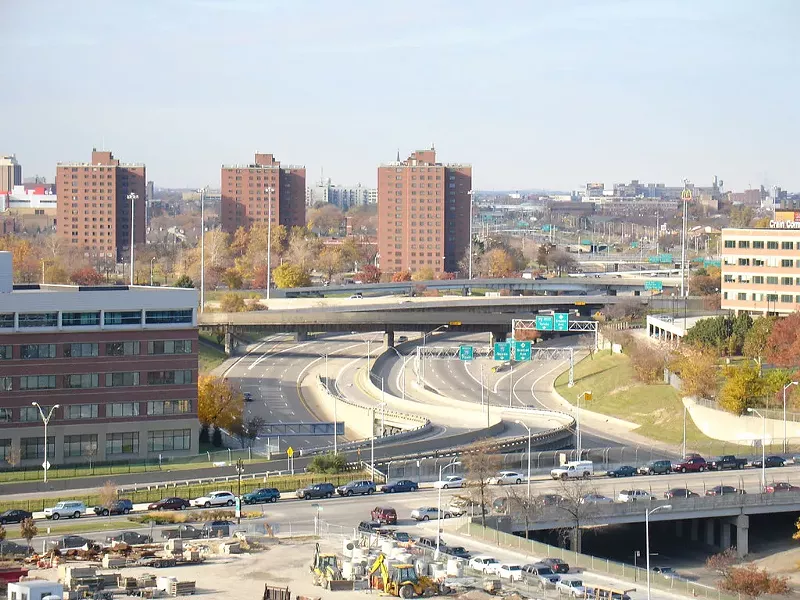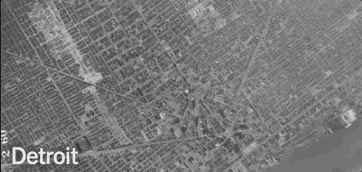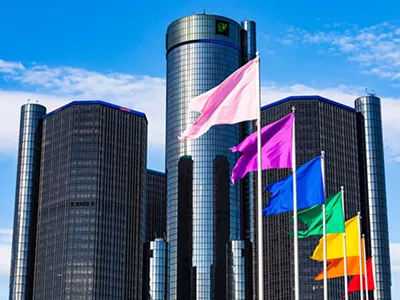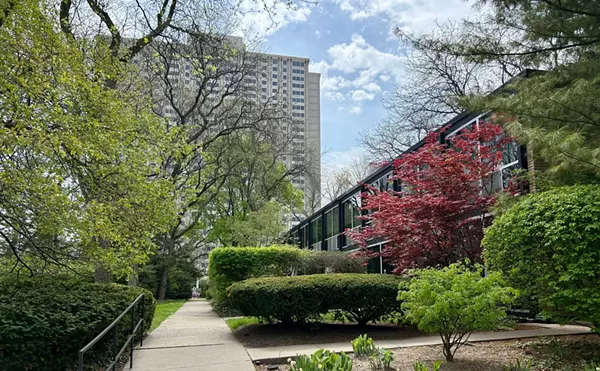
Audio By Carbonatix
[
{
"name": "GPT - Leaderboard - Inline - Content",
"component": "35519556",
"insertPoint": "5th",
"startingPoint": "3",
"requiredCountToDisplay": "3",
"maxInsertions": 100,
"adList": [
{
"adPreset": "LeaderboardInline"
}
]
}
]

The history of Detroit’s Black Bottom neighborhood is a story of both triumph and tragedy. A thriving area composed of Black doctors, restaurants, grocers, churches, nightclubs, and more. It’s where Rev. C.L. Franklin opened his first church, and where his daughter Aretha Franklin recorded her first album.
Despite the flourishing neighborhood, Black Bottom was destroyed as a result of the Federal-Aid Highway Act of 1956. In 1964, the I-375 freeway officially opened, connecting I-75 to Jefferson Ave., making Black Bottom a community of Detroit’s past.
Now, local and state officials are looking to reimagine one of America’s shortest interstate highways.
The Michigan Department of Transportation (MDOT) announced plans to demolish the controversial interstate and pave a new boulevard and business district for the one-mile stretch.
The $330 million project will create a six-lane boulevard that will include bike lanes, pedestrian paths, and green spaces.
While MDOT’s plans acknowledge the racial history of the I-375 construction, for some Detroiters it feels like a band-aid on a large wound.
In an interview with NBC News's Halle Jackson, Marsha Music, whose father owned Joe’s Record Shop in Black Bottom, said after witnessing the destruction, the new plans simply feel like an “oops.”
“The damage has been done, that was a fount of potential wealth that is gone,” Music told NBC.
MDOT is currently waiting for federal approval to begin the project, which is projected to be completed by 2027 unless additional funding is received.
Stay connected with Detroit Metro Times. Subscribe to our newsletters, and follow us on Google News, Apple News, Twitter, Facebook, Instagram, or Reddit.







